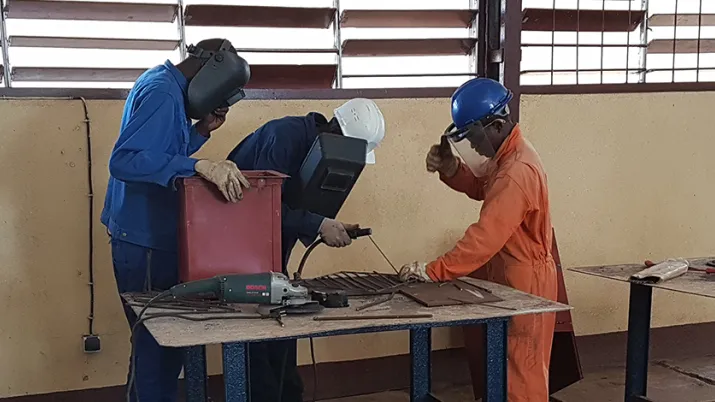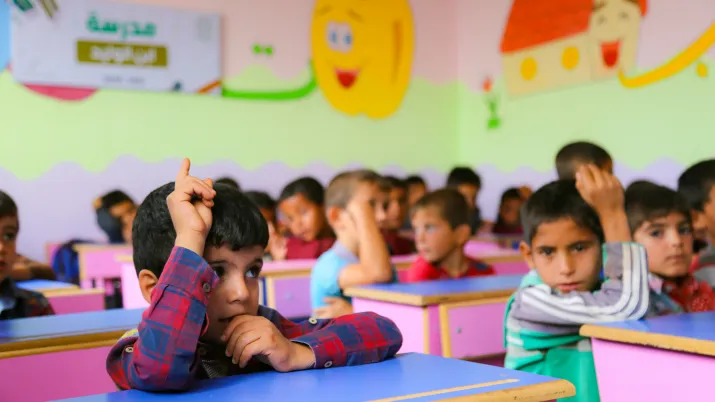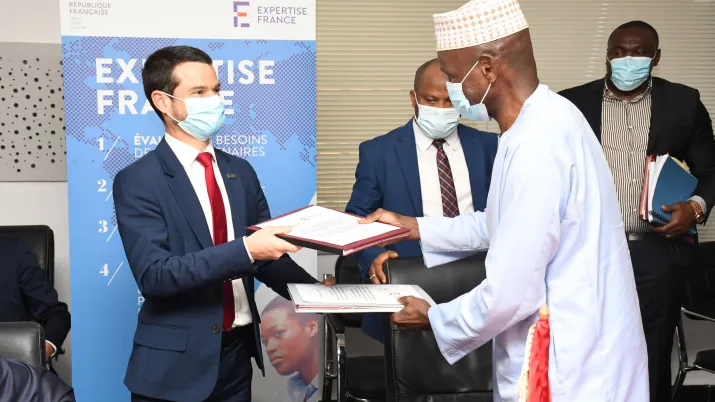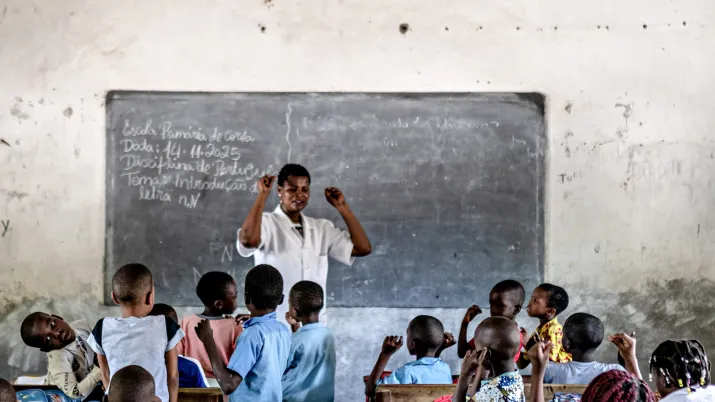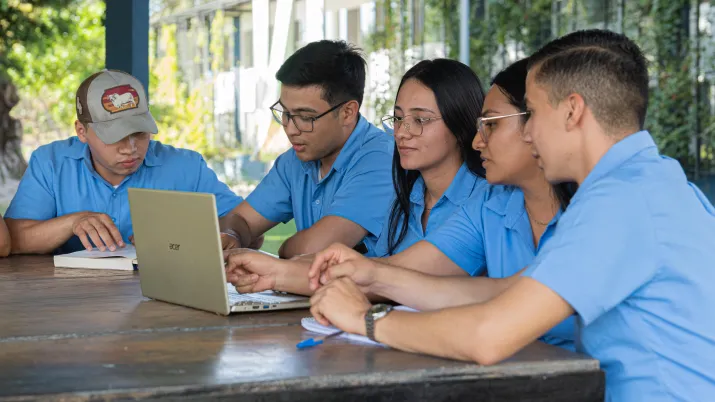Share the page
PEERS - Africa-Europe Partnership to Exchange on Education Reforms
Project
Published on
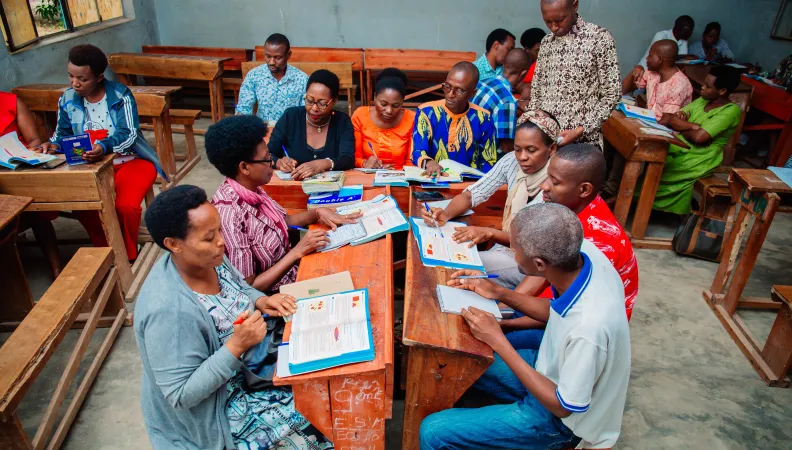
-
Project start date
-
Status
Ongoing
-
Project end date
-
-
Financing amount (Euro)
-
15m
-
Country and region
-
Benin, Burundi, Cape Verde, Ivory Coast, Gambia, Ghana, Guinea, Guinea-Bissau, Kenya, Liberia, Nigeria, Uganda, Democratic Republic of the Congo, Rwanda, Senegal, Sierra Leone, Somalia, South Sudan, Tanzania, Togo, Africa
-
Funders
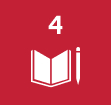
The Africa-Europe Partnership to Exchange on Education Reforms (PEERS) is an EU-funded initiative, which will provide five years of support to two African Regional Economic Communities with regards to the design, implementation and monitoring of quality, gender-responsive, inclusive, green and digital education policies.
Quality education policies in Africa
The Africa-Europe Partnership to Exchange on Education Reforms (PEERS) was born out of a deep conviction that building and sharing knowledge among peers, coordinating education policies at the regional level, and strengthening cooperation between Member States are key to developing high-quality education policies that meet the challenges facing the youth of tomorrow. The same understanding was used at the start of the European Education Area, which has resulted in enhanced coordination and better alignment of education policies across European Union Member States.
At the heart of these dynamics, regional economic communities drive and facilitate the development of knowledge, data, and alliances between countries to build and strengthen the design, implementation and monitoring of quality, gender-responsive, inclusive, green and digital education policies. At stake is quality education, improved academic achievement and skills, and the development of opportunities for African youth to break the cycle of poverty and build more peaceful societies.
Two Economic Regional Communities at the heart of the project : ECOWAS and EAC
PEERS is an initiative implemented for and within two of the Regional economic communities in sub-Saharan Africa: the Economic Community of West African States (ECOWAS) and the East African Community (EAC).
89% of 10-year-olds cannot read in sub-Saharan Africa
In the 20 countries these communities represent, 89% of 10-year-olds cannot read or understand a simple text (ADEA, 2025) and 50 to 60% of young people lack basic skills when they enter the labour market (IUCEA 2024).
Faced with climate risks and the digital divide that exacerbate disparities, it is urgent that countries accelerate their responses to the education crisis in order to prepare young people for the challenges that await them.
Good practices exist within States, but they are not systematically documented or shared. Regional economic communities are aware of the challenges and issues facing African education policies, but their capacity for action is often limited. PEERS will contribute to strengthen them facing these difficulties to implement high-quality education policies.
Three Thematic Priorities
-
Gender and inclusion
34 million girls are outside the education system in sub-Saharan Africa and 42% do not reach secondary education. (ADEA, 2025) Children with disabilities and migrant children are not sufficiently taken into account in education policies.
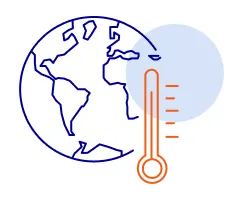
Green / Climate Change
40 million children have their education disrupted by climate disasters. Acquiring green skills would prepare young people to contribute to green economy and strengthen their resilience to climate challenges. (UNICEF, 2025)
Digital
The digital gap is an obstacle to continuity in education and entering the labour market. Digital resources are rarely available in local languages, and teachers lack training in digital education.
Contributions of PEERS to Regional Economic Communities and their Member States
Regional coordination for the development, implementation, and monitoring of education policiesStrengthened coordination of education policies between States will enhance regional integration and resource sharing. Expertise France will support the development of working groups and forums for dialogue within regional economic communities on three priority themes, with a view to promoting collective learning and the coordinated development of high-quality education policies.
Peer learning and identification of best practices
Gender, Green, and Digital: best practices exist in many ECOWAS and ECA Member States; as well as in the EU. Expertise France will offer opportunities for study trips, exchanges of best practices, and collaboration between the Regional economic communities on the one hand, and between the Regional economic communities and Europe on the other.
Use of scientific data in policy development and harmonisation
Data circulation and validation needs to be strengthened to ensure a solid evidence-base which can inform education policies. Through the activities of the PEERS project, we will support the analysis of existing data, its dissemination, or its generation when it is lacking, in order to promote the development of education policies based on scientific evidence. Regional economic communities will be gaining international influence thanks to their data-based recommendations.
Resource for download
Sustainable Development Goals
SDG4 - Quality education
Ensure inclusive and equitable quality education and promote lifelong learning opportunities for all

On the same topic
Technical Assistance Mechanism of the Common Education Fund
Closed
2021 - 2024
Funders : Agence Française de Développement, UNICEF, Global Partnership for Education



